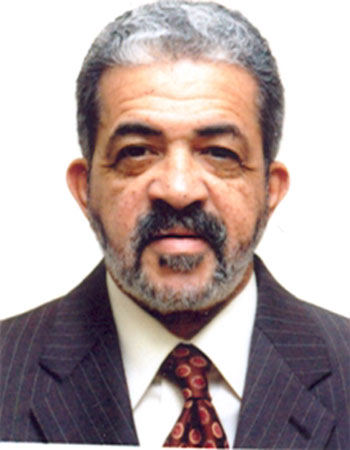
As part of activities marking International Women's Day, the
"March 8 is International Women's Day. This year, it also marks the 15th anniversary of the United Nations Fourth World Conference on Women, held in
In the spirit of that conference, the
Women's rights are human rights, and women's issues are human issues. They cut across traditional spheres of concern, and they are central, not peripheral. They are international development issues: Study upon study has shown that aid given to women is reinvested in their communities, and skills-development programs turn women into drivers of economic growth. And they are peace and security issues: When women are targeted in conflicts around the world, societies fray and destabilize; the places that most exclude women from public life and seek to constrain their lives are the same in which extremist ideology finds a receptive home. The status of women is a bellwether for the political and economic health of nations.
Women's issues are a critical component of the most urgent transnational problems we face today, and they should be on the agenda of everyone, men and women, from the grassroots to the policymaking levels, in political life and beyond. Violence against women is endemic around the world. Ending it requires everyone's participation, including an active and vocal role for men and for religious leaders of both sexes. The
Despite the pledge made in 1995 by so many countries to end the discrimination that robs the world of the talent it desperately needs, women are still the majority of the world's poor, unhealthy, underfed, and uneducated. To the silent majority around the globe that supports women's equality, we say: The time to translate support into action is now.
We look forward to the time when International Women's Day will be a historical and retrospective celebration of women's path to the achievement of equality - when every day belongs equally to women and to men, and every day is a good day for human rights."



